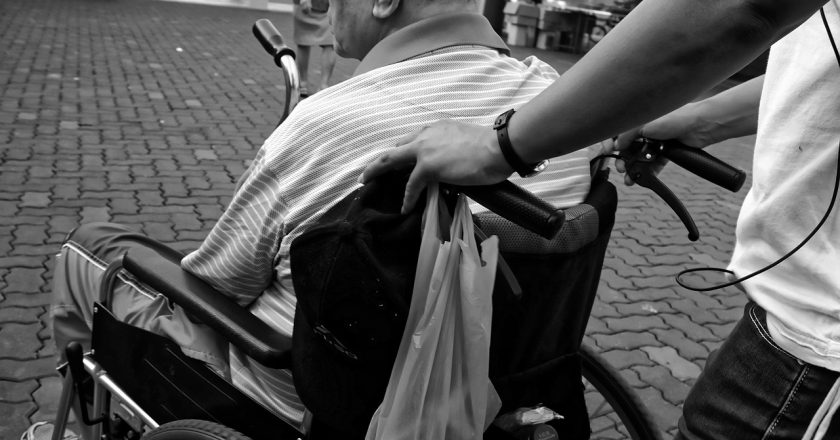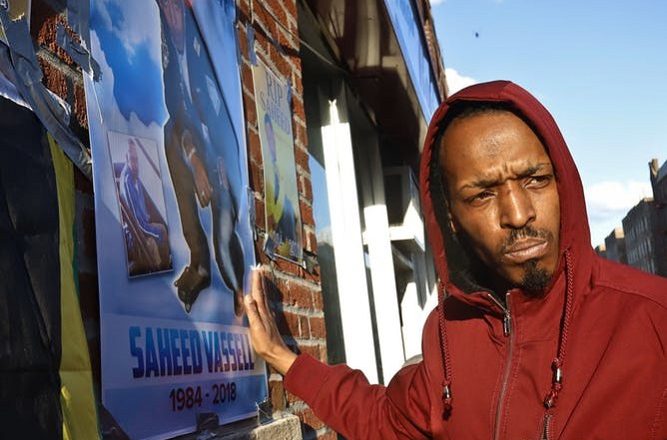People With Disabilities Ignored By Governments
People with disabilities are especially vulnerable to the impacts of climate change but are “systematically ignored” by governments around the world, a new report shows. No countries include disabled people in their greenhouse gas reduction plans and few even provide for their needs when planning to adapt to the increasing effects of the climate crisis.
Even after widespread failures to account for people with disabilities around Hurricane Katrina, disabled people had to sue New York City to ensure emergency shelters and evacuation facilities would be accessible after the city failed to do so around Hurricane Sandy. (The Guardian)
Nexus Media News


